Can Free Speech Survive the Internet?
Consider the impact of the Internet on our political discourse and associational life.
Tuesdays | June 14, 21, 28, July 5, 12 & 19
Online Summer Course
Artificial Intelligence (AI) is developing at breakneck speed. While the technology presents a hopeful prospect for human welfare, it also poses the potential to dehumanize and even destroy us.
This unique seminar will bridge the humanities and the sciences, offering a literary and technological investigation of the challenges posed by AI. The first two sessions, led by MIT Professor Bernhardt Trout, will consider the scientific and ethical questions around AI—what constitutes true artificial intelligence and how we should live with intelligent minds alien to our own. The following sessions, led by Skidmore political theorist Flagg Taylor, will focus on a close reading of Kazuo Ishiguro’s dystopian novel on AI, Klara and the Sun.
Image Credit: Abysmal/Void, Ars Electronica, Flickr
Bernhardt Trout on Safeguarding Our Humanity in the Age of AI
This course takes place on Zoom over six sessions, held on Tuesdays, from 6 to 8 PM ET. Fellows will receive a $500 stipend contingent upon participation in the course and completion of a brief response paper. All course materials will be provided.
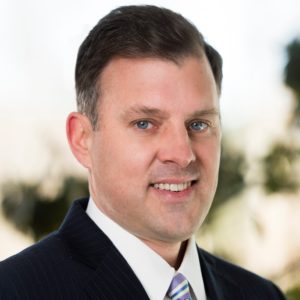
Flagg Taylor is the Executive Director of the Center for Civics, Culture, & Society, at Miami University. His research specialty is in the history of political thought and American government, especially the question of executive power. He is Chair of the Academic Council of the Victims of Communism Memorial Foundation.

Flagg Taylor is the Executive Director of the Center for Civics, Culture, & Society, at Miami University. His research specialty is in the history of political thought and American government, especially the question of executive power. He is Chair of the Academic Council of the Victims of Communism Memorial Foundation.
He is the co-author of The Contested Removal Power, 1789-2010, author of numerous articles, and editor of The Great Lie: Classic and Recent Appraisals of Ideology and Totalitarianism and The Long Night of the Watchman: Essays by Václav Benda, 1977–1989. He holds a Ph.D. and an M.A. in political science from Fordham University and a B.A. from Kenyon College.
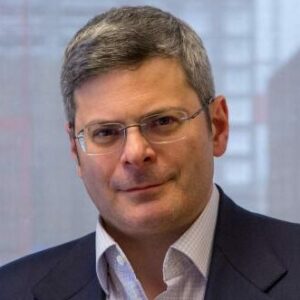
Bernhardt L. Trout is the Raymond F. Baddour, ScD, (1949) Professor of Chemical Engineering and Director of the MIT Society, Engineering, and Ethics Program. He received his S.B. and S.M. degrees from MIT and his Ph.D. from the University of California at Berkeley. In addition, he performed post-doctoral research at the Max-Planck Institute. Professor Trout is the co-editor of the 2016 volume Mastery of Nature.

Bernhardt L. Trout is the Raymond F. Baddour, ScD, (1949) Professor of Chemical Engineering and Director of the MIT Society, Engineering, and Ethics Program. He received his S.B. and S.M. degrees from MIT and his Ph.D. from the University of California at Berkeley. In addition, he performed post-doctoral research at the Max-Planck Institute. Professor Trout is the co-editor of the 2016 volume Mastery of Nature.
After having integrated humanities in engineering courses for over a decade, in 2009, with several colleagues, Trout started the MIT Society, Engineering, and Ethics Program. Its aim is to broaden and deepen the understanding of MIT engineering students, focusing on the societal and ethical implications of engineering. His scientific research focuses on applications of machine learning together with quantum mechanics and statistical mechanics in addition to experiments to develop pharmaceutical products and processes. In 2007, together with colleagues, he started the Novartis-MIT Center for Continuous Manufacturing, a $85 million initiative to transform pharmaceutical manufacturing. He also leads a public outreach initiative to promote advanced pharmaceutical and vaccine manufacturing. He has published over 200 technical papers with 19 patents issued or pending.
Readings:
Discussion Questions:
Readings:
Discussion Questions:
Readings:
Discussion Questions:
Readings:
Discussion Questions:
Readings:
Discussion Questions:
Readings:
Discussion Questions:
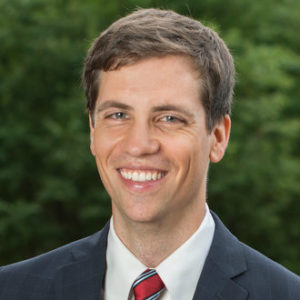
Antón Barba-Kay
Antón Barba-Kay is Associate Professor of Philosophy at The Catholic University of America, in Washington, D.C. (He is also, at the moment, Visiting Professor of Humanities at Deep Springs College, in California.) He earned his Ph.D. from the University of Chicago’s Committee on Social Thought, with a dissertation on Hegel’s Phenomenology of Spirit. The bulk of his research has concentrated on the subjects of recognition and aesthetics in nineteenth-century German philosophy. He is also writing a book about the political and philosophical implications of the digital revolution.

Adam J. White
Adam J. White is the Laurence H. Silberman Chair in Constitutional Governance and senior fellow at the American Enterprise Institute, where he focuses on the Supreme Court and the administrative state. Concurrently, he codirects the Antonin Scalia Law School’s C. Boyden Gray Center for the Study of the Administrative State.

Diana Schaub
Diana Schaub is a nonresident senior fellow at the American Enterprise Institute (AEI), where her work is focused on American political thought and history, particularly Abraham Lincoln, Frederick Douglass, African American political thought, Montesquieu, and the relevance of core American ideals to contemporary challenges and debates. Concurrently, she is Professor Emerita of Political Science at Loyola University Maryland, where she taught for almost three decades.
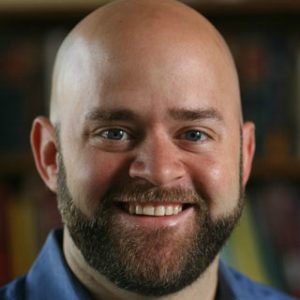
Carter Snead
Carter Snead is internationally recognized as a leading expert in public bioethics. His research explores issues relating to neuroethics, enhancement, stem cell research, abortion, and end-of-life decision-making. He is also the editor of two book series for the University of Notre Dame Press – “Catholic Ideas for a Secular World,” and “Notre Dame Studies in Medical Ethics.”
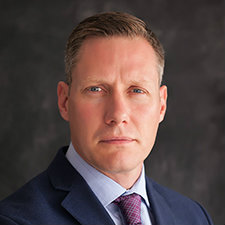
Tobin Craig
Tobin Craig is Associate Professor at Michigan State University. His studies focus on the intersection between modern political philosophy and modern science and technology. He is currently at work on a book length study of the unity of Francis Bacon’s scientific and political thought as well as a study of the place of technology in American political thought.
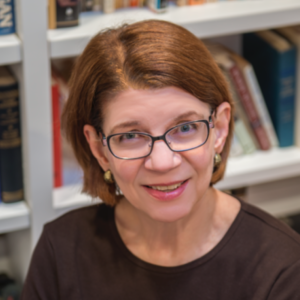
Martha Bayles
Martha Bayles is a fellow at the Institute for Advanced Studies in Culture at the University of Virginia, and since 2003 she has taught humanities at Boston College. She is currently at work on a monograph on the threats to independent journalism around the world; and a book about the importance of “voluntary restraint” in the American tradition of free speech.
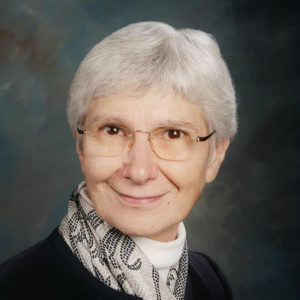
Amy A. Kass
Amy Apfel Kass (1940 – 2015) was a senior fellow at the Hudson Institute, Senior Lecturer Emerita in the humanities at the University of Chicago, and coeditor of What So Proudly We Hail: The American Soul in Story, Speech, and Song. She was an award-winning teacher of classic texts.
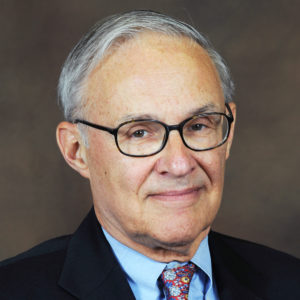
Leon R. Kass
Leon R. Kass, M.D., is the Addie Clark Harding Professor Emeritus in the Committee on Social Thought and the College at the University of Chicago and the Madden-Jewett Chair at AEI. He was the chairman of the President’s Council on Bioethics from 2001 to 2005. He has been engaged for more than 40 years with ethical and philosophical issues raised by biomedical advances and, more recently, with broader moral and cultural issues.
Matt Turpin
Matthew Turpin is a visiting fellow at the Hoover Institution, where he specializes in U.S. policy toward the People’s Republic of China, economic statecraft, and technology innovation. He is also a senior advisor at Palantir Technologies.